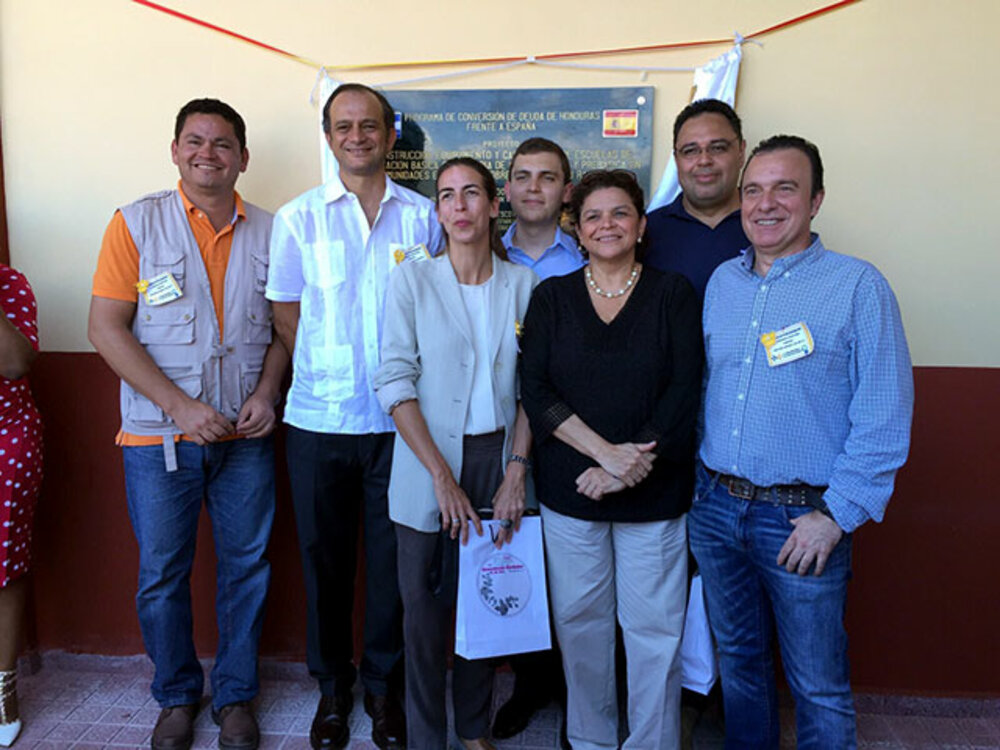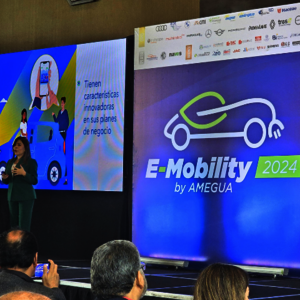CABEI supports rural education management in Honduras

The investment made by the CABEI-run Spain Debt Conversion Program to Honduras will support the education sector of communities living in extreme poverty.
Santa Rosita, Guajiquiro, La Paz, October 23, 2015. - Spain’s Debt Conversion Program to Honduras, which is administered by the Central American Bank for Economic Integration (CABEI), inaugurated the "Ramón Rosa" Basic Education Center in the community of Santa Rosita in the Municipality of Guajiquiro in the Department of La Paz.
The school is part of the project, "Construction, Equipment and Training for Basic Education Centers with nine grades and preschool in Communities living in Extreme Poverty Phase II."
This project received a 147.5 million lempira contribution from Spain’s Debt Conversion Program to Honduras and a counterpart from the Ministry of Education and beneficiary Municipalities/Communities of 17.6 million lempiras. The Ministry was responsible for the project’s technical execution and is in charge of ensuring its sustainability. The beneficiary municipalities were in responsible for preparing the land for construction of the works, as well as for supporting and managing the project from the beginning.
The financing has led to the creation of a quality rural education infrastructure that meets basic education needs from preschool through ninth grade, providing adequate means for proper training in a rural environment.
The initiative directly benefits approximately 1,500 students and 82 teachers per year. In addition, it indirectly benefits 19,803 inhabitants of the following municipalities: Guajiquiro, Department of La Paz; Minas de Oro, Department of Comayagua; Santa Rosa de Copán, Department of Copán; and Trojes, Department of El Paraíso.
In total, four education centers were constructed and were fully equipped with:
• Nine grades with an independent area for preschool,
• Community and sports fields,
• Science laboratory and workshops adapted to the needs of each area, including carpentry and soldering.
• Agricultural training areas, a kitchen and a dining room; these will support the school snack program. Household and basic food technology practices will also be carried out.
• Administrative offices and a library.
Likewise, training programs were held for officials, teachers, parents and students and a technical and pedagogical workshop was held for faculty.
The actions executed through this program are in line with CABEI’s 2015-2019 Strategy, specifically with the Strategic Axis of Social Development, as well as with the National Plan, the Sustainable Development Goals and the Honduran government’s Poverty Reduction Strategy.






